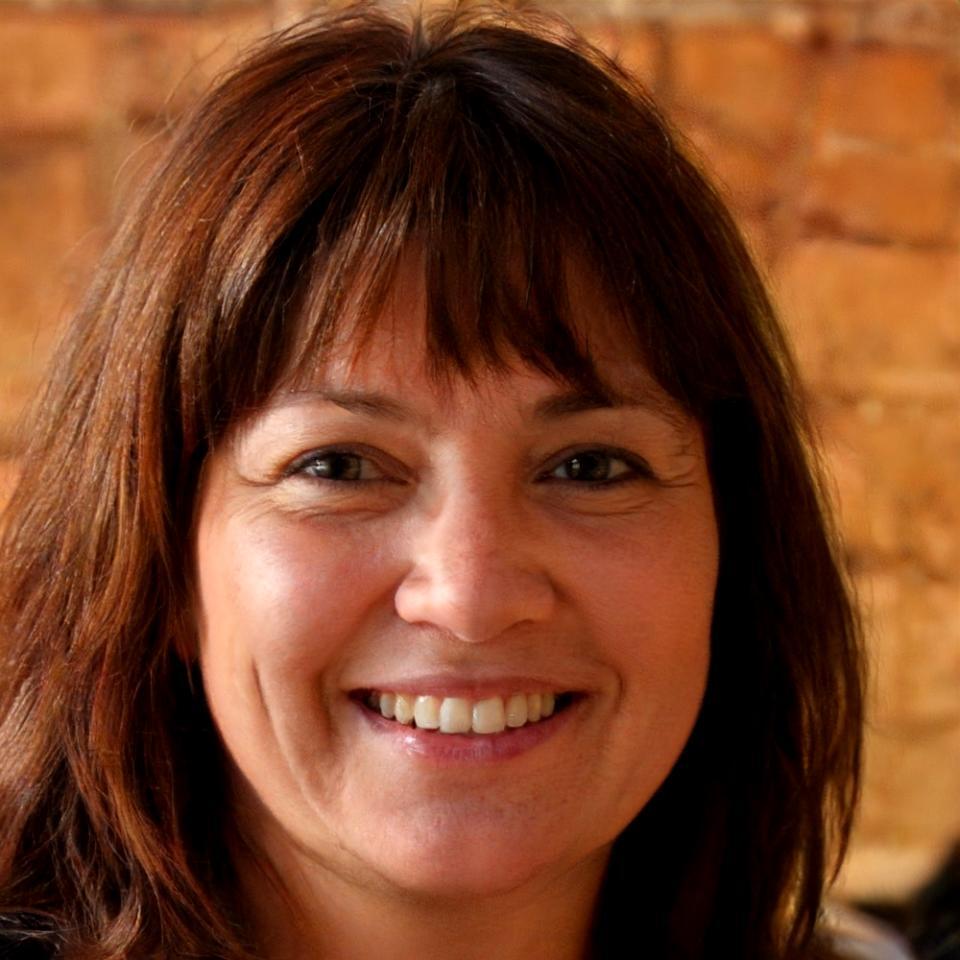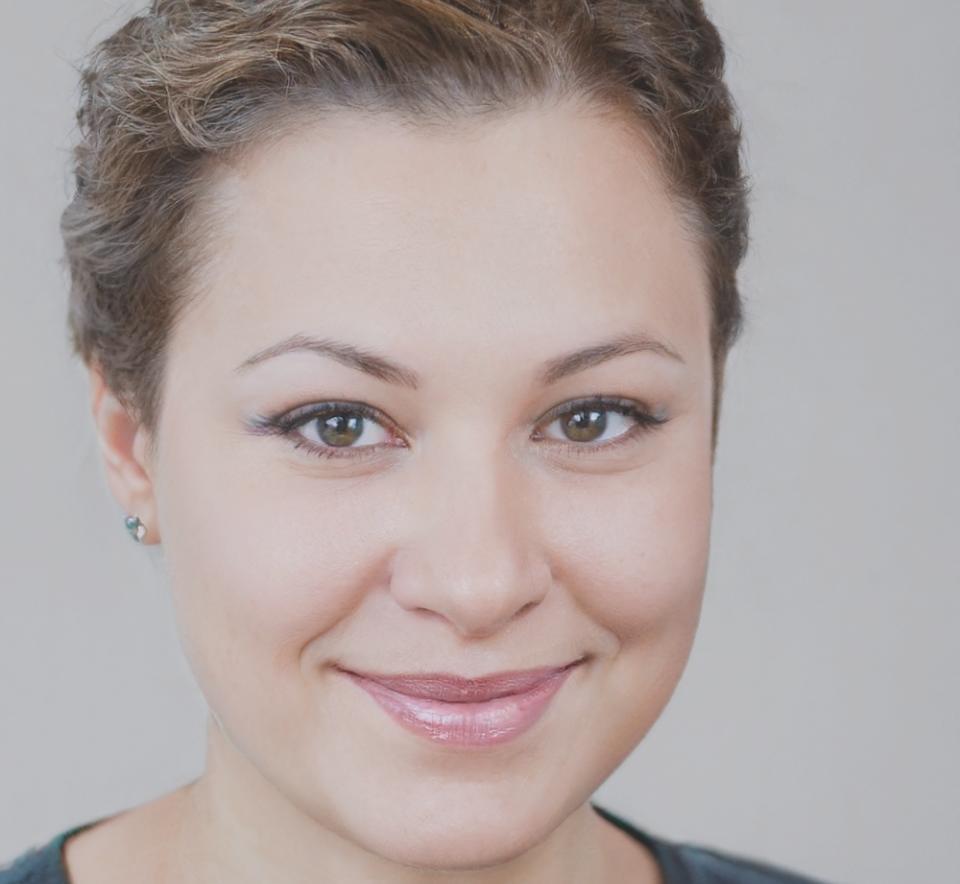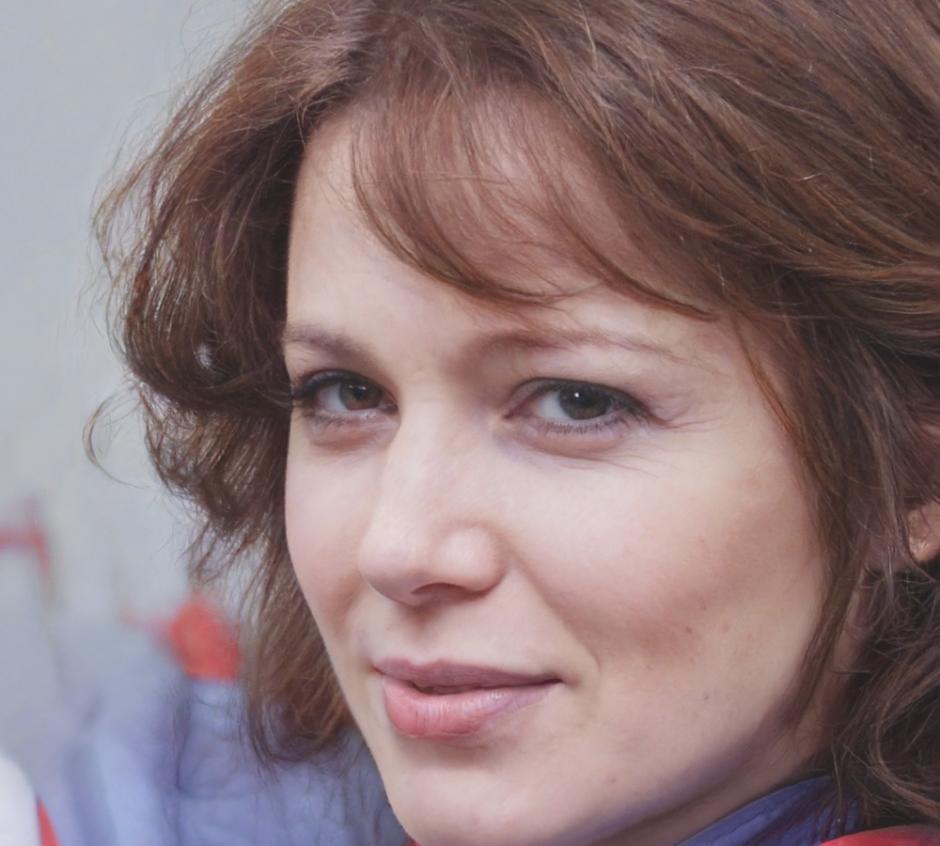Python Mobile Game Development Program
Build your foundation in game development with Python. Our hands-on program takes you from basics to building real mobile games, with guidance from developers who've shipped actual titles.
Next cohort begins September 2025 • 9-month intensive program
What You'll Actually Learn
Forget theory-heavy courses that never touch real code. We start with Python fundamentals and move straight into game mechanics. You'll write collision detection systems, build UI frameworks, and handle touch controls before the first month ends.
By month three, you're optimizing frame rates and managing memory like it matters (because it does when your game runs on a phone). The second half focuses on mobile-specific challenges—battery efficiency, different screen sizes, and making games that don't drain your player's device in twenty minutes.
We use Kivy and Pygame for mobile deployment. Real tools that actual developers use. No proprietary frameworks that only exist in academic settings.

Program Structure
Nine months split into three phases. Each builds on the previous one, with projects that increase in complexity. You'll have something playable within six weeks.
Getting Your Hands Dirty
Python syntax comes first—no way around it. But we keep it practical. You're building simple games from week two, applying loops and functions to actual movement systems rather than abstract exercises.
- Core Python programming with game-focused examples
- Game loop architecture and frame timing
- 2D graphics rendering and sprite management
- Input handling for touch and accelerometer
- First playable prototype due at month three
Making It Work on Phones
Desktop games are easy. Mobile games demand optimization. This phase tackles performance bottlenecks, responsive layouts for different devices, and the annoying bits like handling phone calls mid-game without crashing.
- Cross-platform deployment with Kivy and Buildozer
- Touch gesture recognition and multi-touch handling
- Performance profiling and memory optimization
- Adaptive UI for various screen resolutions
- Battery-conscious game loop implementation
Ship Something Real
Your final three months focus on one complete game. You choose the genre, design the mechanics, and build it from scratch. We provide feedback weekly, but the decisions are yours. It needs to be portfolio-worthy.
- Complete game design document and technical specification
- Full development cycle from prototype to polished build
- Integration of sound, animations, and particle effects
- User testing sessions with actual players
- Final presentation and portfolio preparation
Who's Teaching
Our instructors work on mobile games professionally. They know the difference between code that looks clean and code that actually performs on a mid-range Android device.

Sami Haddad
Lead Python InstructorShipped twelve mobile titles over eight years. Specialized in performance optimization for low-end devices and knows every Android fragmentation issue by name.

Layla Farouk
Game Design MentorFormer lead designer at a Cairo-based studio. Focuses on player retention mechanics and making sure your game idea is actually fun to play, not just interesting to describe.

Nadia Zaki
Mobile DeploymentSpent five years dealing with app store submissions, build configurations, and platform-specific bugs. She's seen every rejection reason Google Play can throw at you.

Rana Khalil
Technical AdvisorBackend systems engineer who works on multiplayer infrastructure. Joins for weeks seven through nine to cover networking basics and simple multiplayer implementations.
Applications Open June 2025
We accept 24 students per cohort. No prior programming experience required, but you need to complete a pre-enrollment Python basics course (we'll send you the materials after your initial application).
Get Program Details